Causes and Symptoms That Indicate Low Calcium in Women
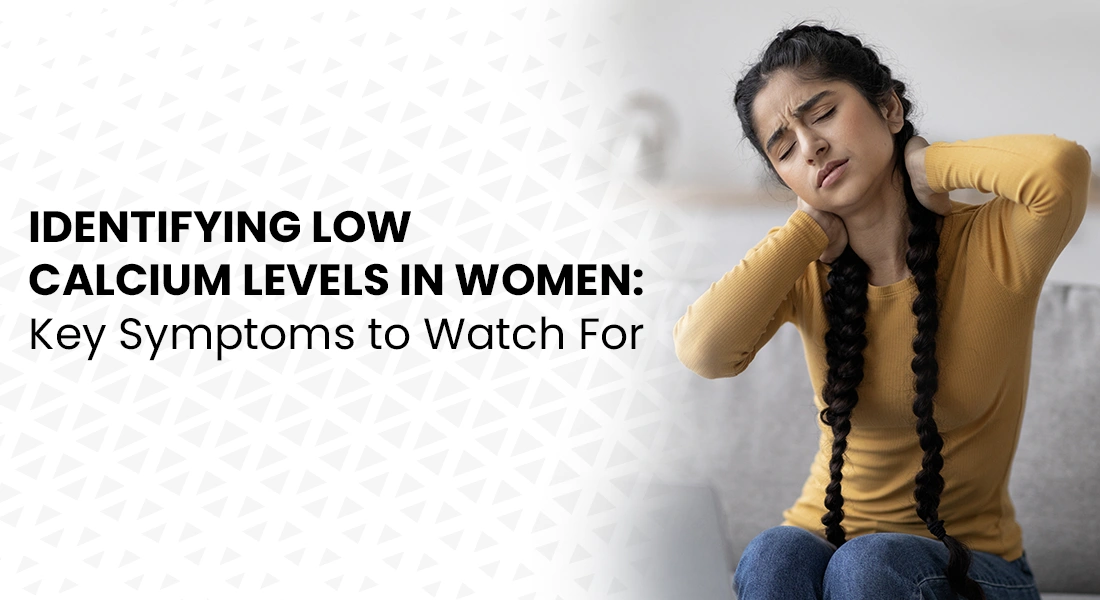
On this page
Calcium is an essential mineral which is responsible for strengthening of our bones, muscle contraction, maintainence of regular heart beat. The problem is that many women do not have enough calcium in their systems, even if they do not have any symptoms of calcium deficiency.
The symptoms of low calcium usually remain undetected until they manifest in some severe health complications. Studies estimate that calcium deficiency affects up to 30% of women sometime later than 50 years old globally. Early diagnosis is essential in terms of avoiding such complications.
In this article, we will explain the role of calcium, the common causes of calcium deficiency in women, rich dietary sources of calcium and how to prevent serious complications associated with calcium deficiency.
What is Calcium, and What Does it Do?
Our body needs calcium, an essential element, and it is involved in several processes. About 99% of the total calcium is present in the bones and teeth, while the rest 1% is required for muscle movement, blood coagulation and nerve impulse transmission.
The Primary Functions of Calcium:
-
Muscle and bone density maintenance.
-
Controlling the rhythm and tone of muscle contraction.
-
Aids in the delivery of nutrients and oxygen in blood vessels.
-
Regulating secretion of the hormones and enzyme activities.
Pregnant and lactating women, as well as women over past childbearing age, need more calcium than men. Calcium deficiency can cause chronic diseases such as osteoporosis and heart disease.
Dietary Sources of Calcium:
-
Milk and dairy products
-
Nuts
-
Green leafy vegetables such as cabbage and broccoli
-
Fish
-
Tofu
What Are the Causes of Low Calcium?
Reasons that can cause low calcium concentration. It is necessary to know the causes of calcium deficiency to be able to solve it properly.
Common Reasons for Low Calcium:
-
Inadequate Dietary Intake: Diets deficient in calcium lead to weakening of bones i.e. osteoporosis.
-
Vitamin D Deficiency: Vitamin D is well known for its role in calcium absorption and metabolism. Its absence can affect the absorption of calcium.
-
Age-Related Factors: Postmenopausal women are bound to undergo hormonal changes that affect calcium absorption in their bodies.
-
Medical Conditions: Other systemic diseases may lead to low calcium, such as kidney disease, thyroid problem or celiac disease.
-
Lifestyle Choices: Smoking, excess use of alcohol, or lack of exercise may lead to calcium deficiency
What Are the Calcium Deficiency Symptoms in Adults?
If the symptoms of low calcium are identified early enough, then serious health conditions can be prevented.
Physical Symptoms of Calcium Deficiency:
-
Bone Health Worries: If your bones feel weak, you are susceptible to fracture, and your nails are thin and brittle, it indicates low calcium intake.
-
Muscle Troubles: Muscle contractions, muscle cramps and Delayed muscle soreness may all be provoked by calcium depletion.
-
Dental Dilemmas: If you lose your teeth, have sensitive teeth, weak gums, and increased tooth decay, there is low calcium in your body.
Neurological and Other Symptoms:
-
Nerve Problems: People who have numbness and tingling in their hands and feet can be caused by low calcium intake.
-
Fatigue: Low energy levels that are persistent fatigue may be a sign of low calcium levels in the body.
-
Heart Hiccups: Low calcium levels may lead to irregular heart rhythm.
Severe Symptoms:
If calcium deficiency continue for longer periods, calcium imbalance leads to some severe complications such as osteoporosis, osteopenia, and other severe neurological diseases. If the symptoms of calcium deficiency are always present, it means that your health is in immediate danger, and you should consult a doctor.
How to Treat Calcium Deficiency
Ultimately, low levels of calcium can be controlled, at least to some degree, through lifestyle changes and medication. Let's explore some effective ways of low calcium treatment to tackle this issue:
Adjust Your Diet:
To ensure you're getting enough calcium, incorporate more of these foods into your meals:
-
Milk products such as milk, cheese and yoghurt
-
Cruciferous vegetables such as kale, broccoli, and spinach
-
Fish and seafood, especially sardines and salmon with bones
-
Enhanced cereal products and soy products
Make sure you get some sun to get your dose of vitamin D, which is vital for the absorption of calcium. It can be sourced in egg and fatty fish in addition to taking substances like vitamin supplements.
Supplement Wisely:
If you need more amounts of calcium and vitamin D through your diet, then it is recommended that you go for supplements. However, getting advice from a healthcare provider before including a supplement is highly recommended.
Lifestyle Changes:
Walking, jogging, and other weight-bearing exercises are very effective in improving your bone health. But it’s also important not to avoid caffeine or alcohol or eat a lot of foods rich in sodium, as this can prevent the body from proper absorption of calcium.
Regular Health Checkups:
If there is any underlying conditions that may cause low calcium levels, including thyroid disorders, they must be treated first. If you go for a regular health check-up then you will be able to check up your bone density and the level of calcium, vitamin D in your body.
In Conclusion
Calcium is one of the most known nutrients, and it is important for women to keep the body strong. This is because early signs of calcium deficiency can be easily spotted, and causes of calcium deficiency must be prevented to avoid developing long-term complications.
Calcium intake through our diet, regular exercise and the right supplement can keep our calcium intake in check to promote good bone health and health in general. Preventing the impact can help fight low calcium problems and usher in a better life.
Author Bio:
City X-ray is one of the best diagnostic centres that provide high-efficiency imaging to diagnose various health problems, including calcium deficiency. The team of specialists is here to give you the right details.
DISCLAIMER: THIS WEBSITE DOES NOT PROVIDE MEDICAL ADVICE. The information including text, graphics, images, and other material contained on this website is for informational purposes only. No material on this site is intended to be a substitute for professional medical advice, diagnosis, or treatment. Contact a health expert if you have questions about your health.






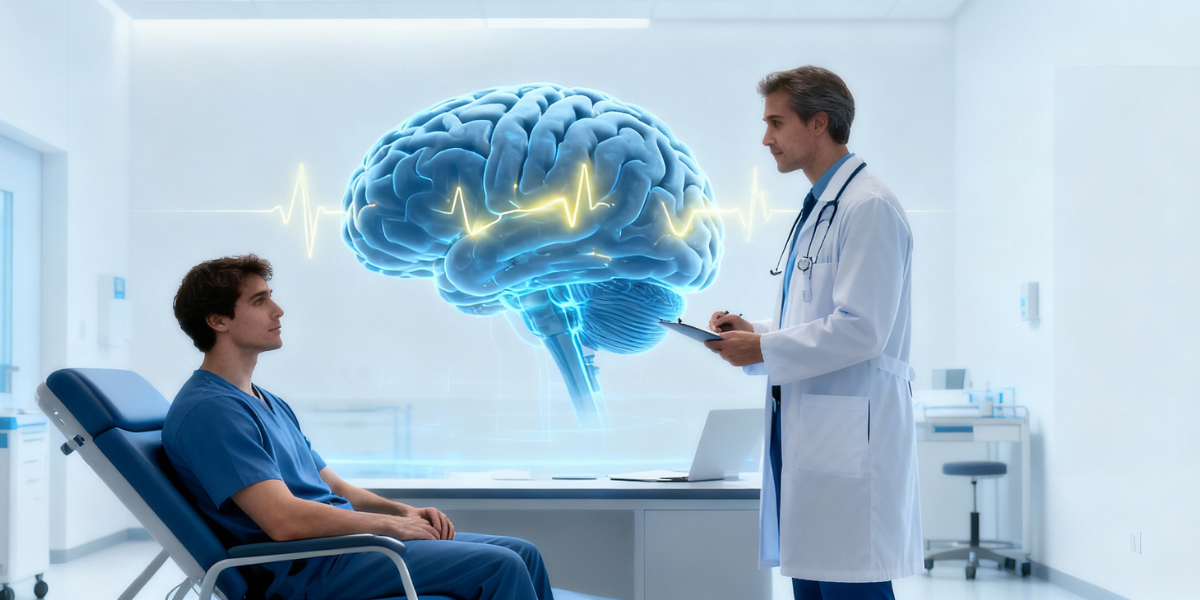
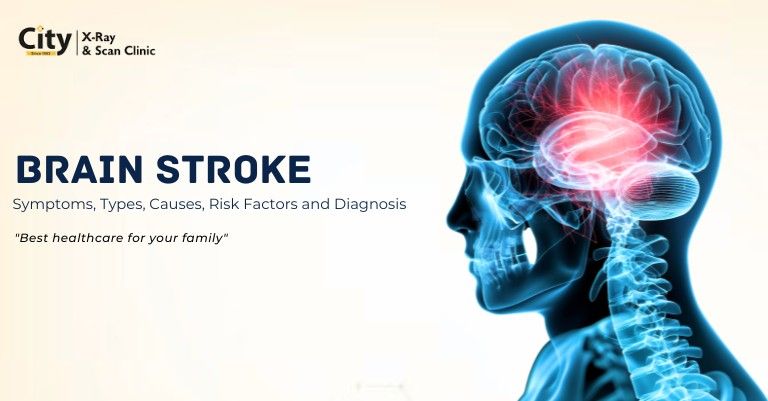
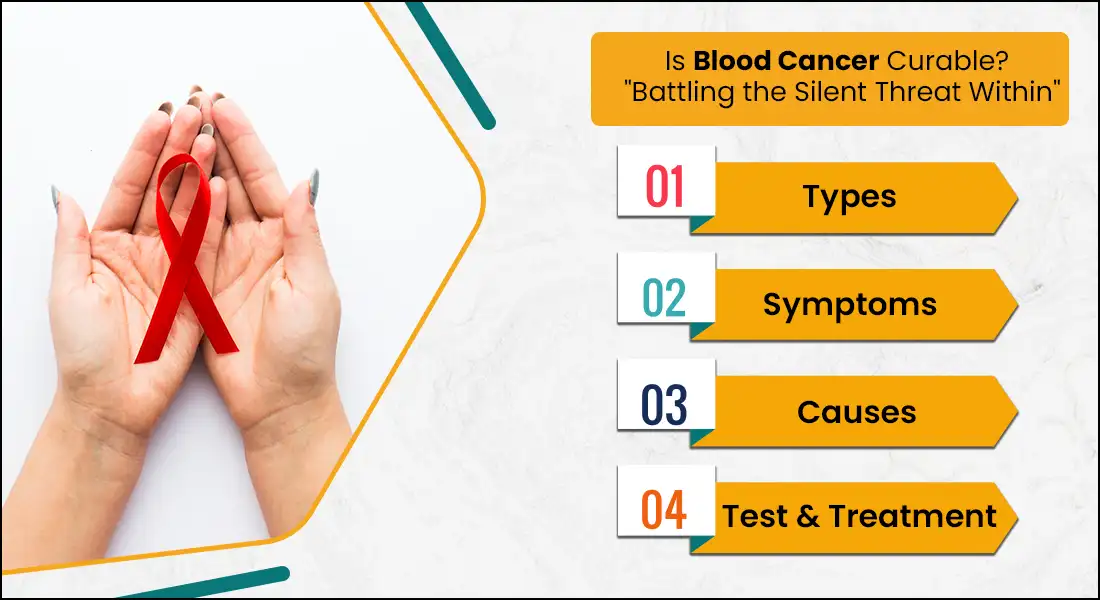
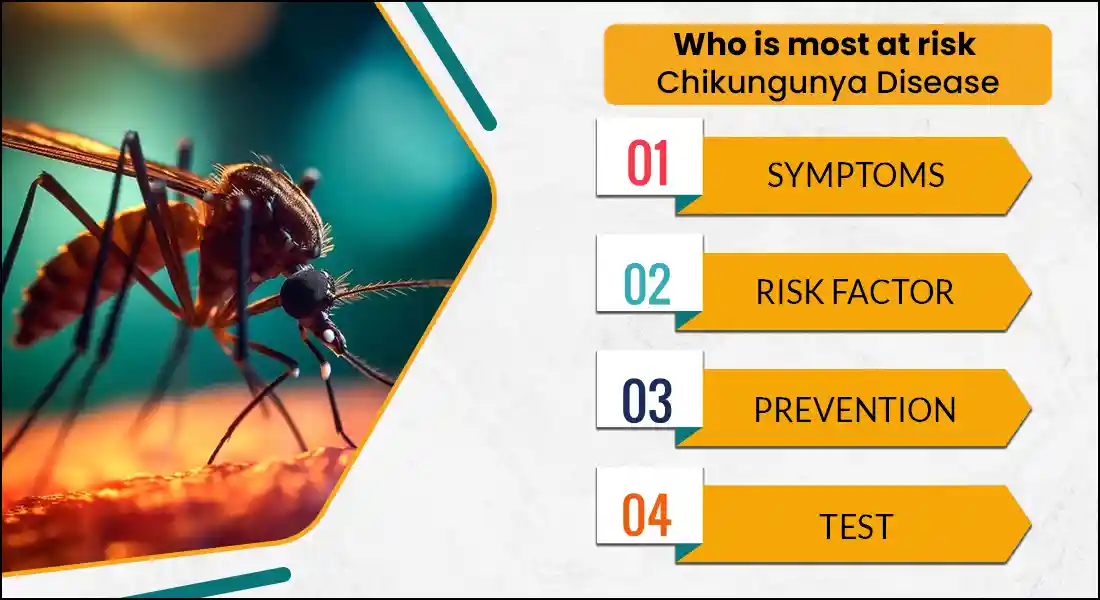

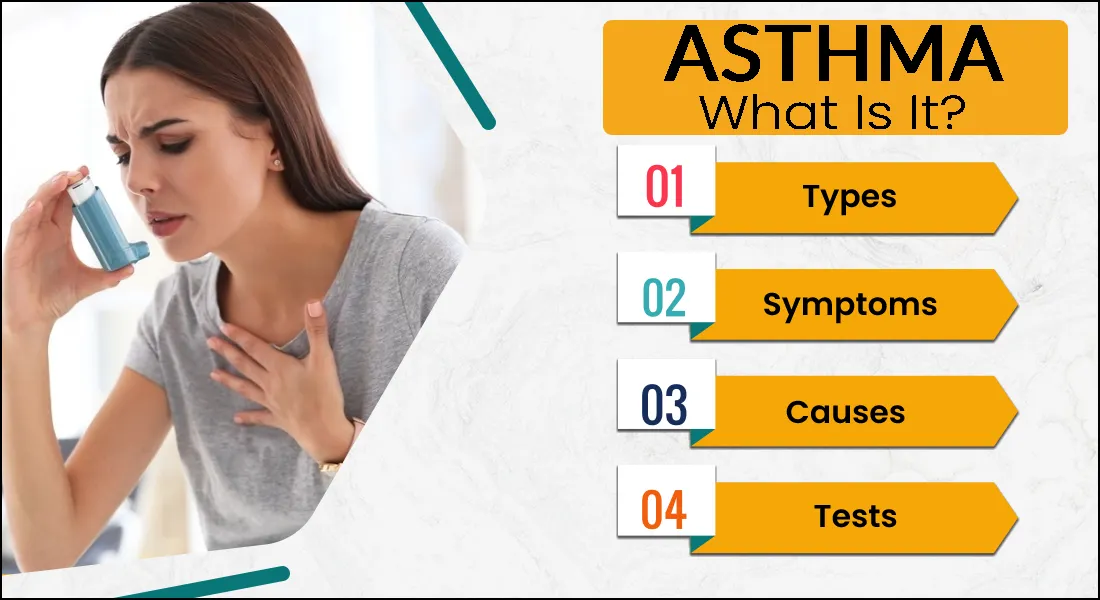

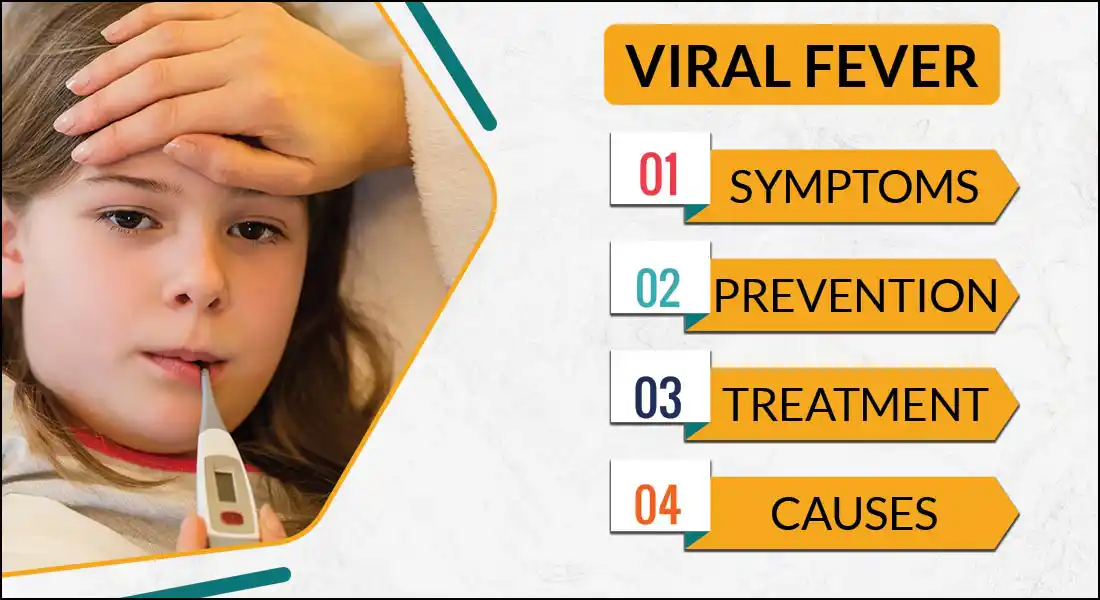

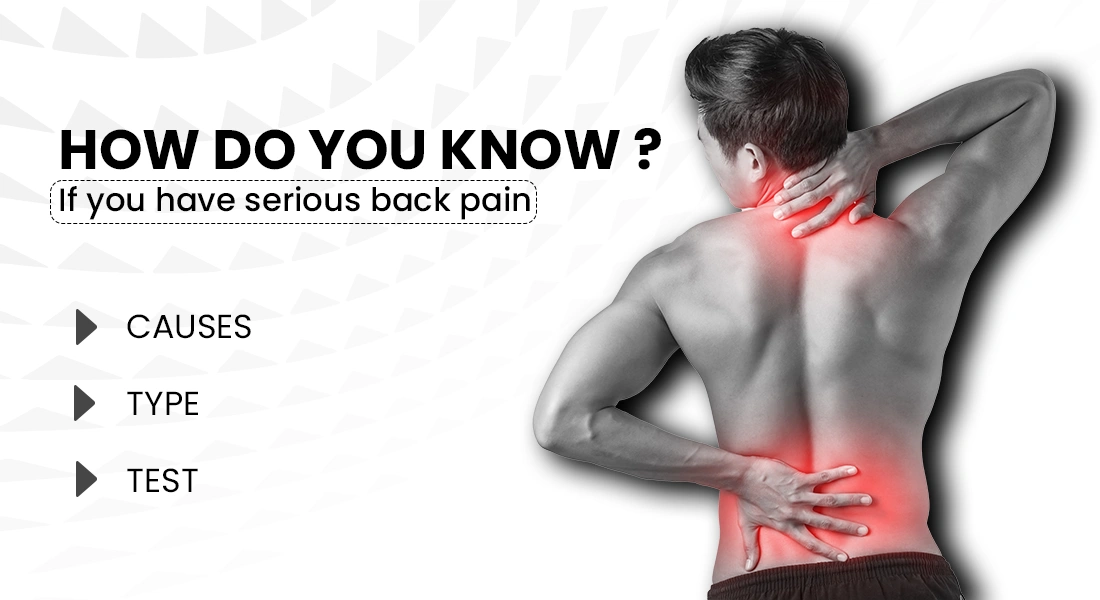

Comments List